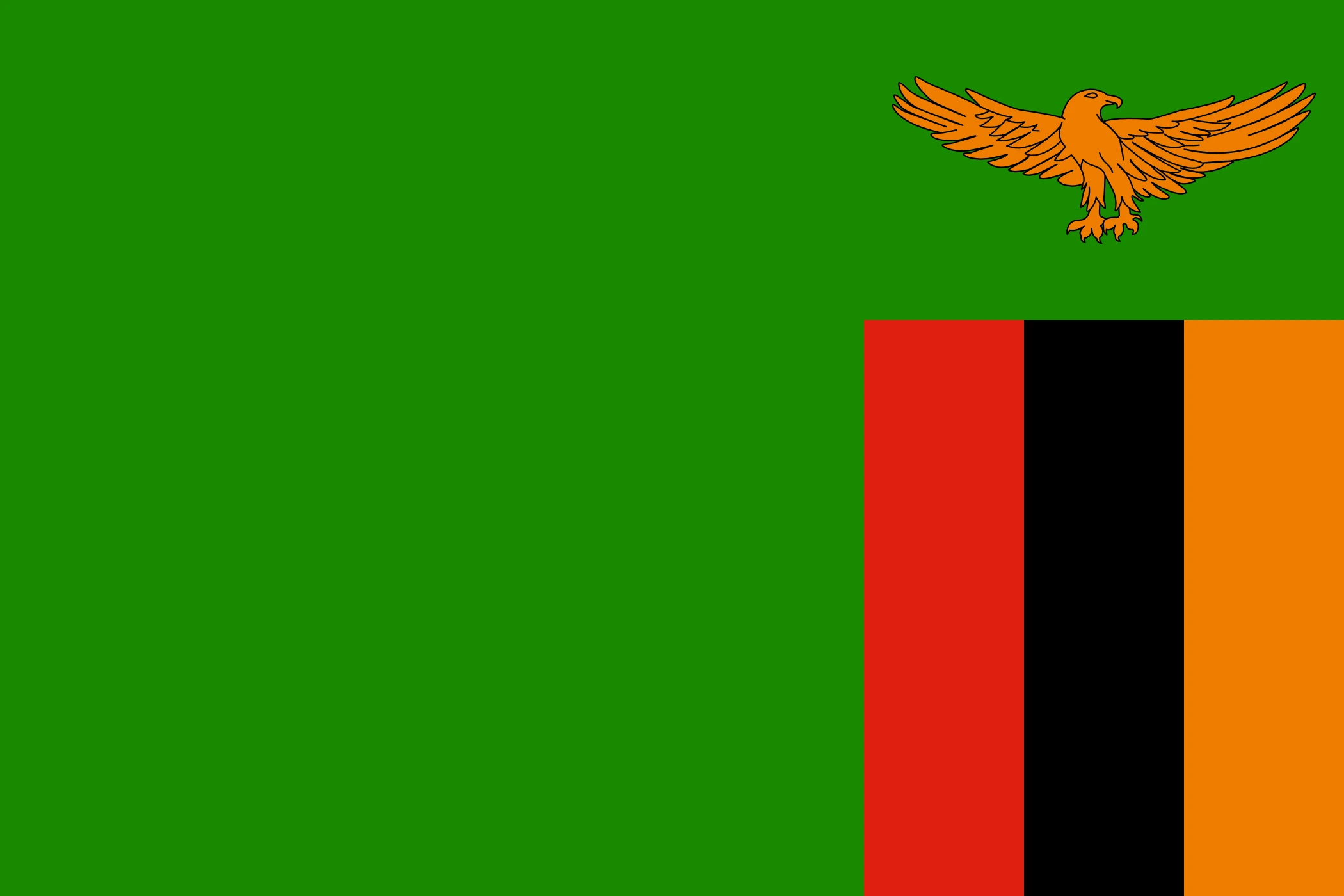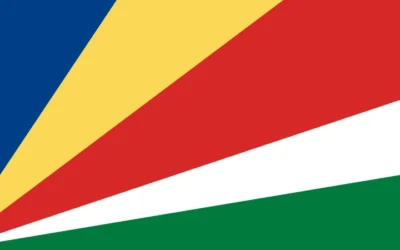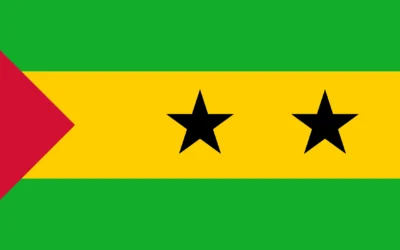Zambia Travel Guide
Discover Why You Should Visit Zambia
Why Visit Zambia?
Zambia is one of Africa’s premier safari destinations, offering raw wilderness, abundant wildlife, and one of the world’s most iconic natural wonders — Victoria Falls. Its national parks are less commercialized, giving travelers a more intimate and off-the-beaten-path experience.
Zambia is also known for its friendly people, rich cultural heritage, and commitment to conservation.
Ideal for: Safari enthusiasts, nature lovers, thrill-seekers, and cultural explorers.
Must-Know Facts
Capital/Major City: Lusaka (capital), Livingstone (tourism hub near Victoria Falls)
Language(s): English (official), Bemba, Nyanja, Tonga, Lozi, and others
Currency: Zambian Kwacha (ZMW)
Best Time to Visit: May to October (dry season, best for safaris and outdoor activities)
Fun Fact: Victoria Falls is known locally as ‘Mosi-oa-Tunya,’ meaning ‘The Smoke That Thunders’.
Top Things to Do
Witness the majestic Victoria Falls from both the Zambian and Zimbabwean sides
Go on a walking safari in South Luangwa National Park
Canoe along the Zambezi River in Lower Zambezi National Park
Explore the capital city of Lusaka’s markets and cultural centers
Visit the remote and scenic Kafue National Park, one of the largest in Africa
Local Culture & Lifestyle
Zambia is a culturally diverse country with over 70 ethnic groups. Traditional ceremonies such as Kuomboka and Nc’wala are celebrated with music, dance, and vibrant dress.
Family, respect for elders, and community are central values in Zambian society.
Modern urban lifestyles blend with long-standing traditions, particularly in rural areas where local customs are preserved.
Food & Drink Highlights
Street Food: Nshima (maize porridge), roasted maize, fried caterpillars (ifinkubala)
Restaurants: Marlin Restaurant (Lusaka), The Royal Livingstone Dining Room, Café Zambezi
Drinks: Chibuku (maize beer), Mosi Lager, fresh mango and guava juices
Desserts: Fritters, sweet buns, banana treats
Main Dish & Culinary Symbols
Signature Dish: Nshima served with relish (usually made from vegetables, meat, or fish)
Common Ingredients: Maize, groundnuts, dried fish, beans, sweet potatoes, green leafy vegetables
Culinary Culture: Meals are typically eaten by hand and shared, often around a central dish
Symbols & Icons of the Area
Natural Icons: Victoria Falls, Zambezi River, South Luangwa and Lower Zambezi National Parks
Cultural Icons: Kuomboka Ceremony, tribal masks, handwoven baskets, chitenge fabric
Hidden Gems & Off-the-Beaten-Path
Lake Bangweulu and the surrounding wetlands, a birdwatcher’s paradise
Shiwa Ng’andu, a historic British manor and estate in northern Zambia
Mutinondo Wilderness, an eco-friendly hiking and kayaking destination in Muchinga Province
Shopping & Souvenirs
What to Buy: Tribal masks, wood carvings, beaded jewelry, chitenge textiles, handmade drums
Where to Shop: Kabwata Cultural Village (Lusaka), Maramba Market (Livingstone), roadside stalls near national parks
Getting Around
Public Transport: Buses and shared taxis are widely used between towns and cities
Car Rentals: Recommended for flexibility and travel to remote destinations
Tip: Domestic flights are available between Lusaka, Mfuwe, Livingstone, and other key hubs
Walkability: High in towns and tourist areas, particularly near Victoria Falls and park entrances
Travel Tips
English is widely spoken and used for business and government
Malaria prevention is advised, especially in rural and safari areas
Use bottled or purified water in most regions
Respect cultural norms, especially during traditional events or in rural communities
Where to Stay
Budget: Fawlty Towers Backpackers (Livingstone), Lusaka Backpackers
Mid-range: Protea Hotels, Maramba River Lodge
Luxury: Royal Livingstone Hotel, Chiawa Camp, Mfuwe Lodge
Unique: Safari bush camps, eco-lodges, riverside chalets
Sample 4-Day Itinerary
Day 1: Arrive in Livingstone, tour Victoria Falls and visit the local museum
Day 2: Enjoy water sports or wildlife safaris in Mosi-oa-Tunya National Park
Day 3: Fly or drive to South Luangwa for an afternoon safari and overnight in a bush camp
Day 4: Morning walking safari, return to Lusaka or extend to Lower Zambezi






0 Comments